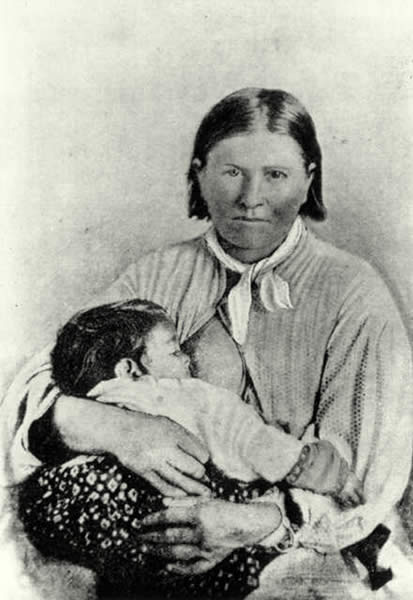Near the quiet Texas town of Mexia (No, not "Mex-ee-yuh". Say it with me, "Muh-HAY-uh") is Fort Parker.
And no, Fort Parker is NOT in Fort Parker State Park. It's down the road a bit in Old Fort Parker.
Are you still with me?
I know, it's confusing. It was even more so when my friend Shelli Littleton and her two daughters took me there on a research trip in late September of 2015. The very nice park ranger in Fort Parker State Park explained us, in her refined British accent (she was from London...go ahead and blink through that, we did too) that the actual fort part of Fort Parker was dis-assembled and taken down the road to become, you guessed it, Old Fort Parker.
Nope, there was not a new one.
Once we got settled in the new Old Fort Parker, we took to roaming The Fort.
Now, just what was worth the drive and confusion?
In my research for my books based on Navajo history, I occasionally came across a name. Cynthia Ann Parker, who was the mother of the legendary Comanche chief, Quanah Parker.
In his excellent book, "Empire of the Summer Moon", SC Gwynne details the expansive reach of the Comanche Nation (properly known as Numunu) across West Texas and New Mexico in what was called The Comancheria, and touches on its pivotal role in the Native American slave trade.
But that's a story for another day.
Let's get back to the raid.
In May of 1836, near the banks of the Navasota River, the poorly guarded fort was attacked by a raiding party of Comanches, Wichitas, Caddos, and Kiowas.
There were several people killed and several more taken. Among the captives was a little girl named Cynthia Ann, who was taken far enough away that hope faded for her rescue or ransom. Ransoming captives got to be big business, but there'd be no ransom for Cynthia Ann.
No rescue either, not for 24 years. Well, no successful rescue. The thing was, she didn't exactly want to go back. Several times over the years, when Anglos came across her, she refused to leave with them, simply because she'd grown up as a Comanche, and she loved her husband and children.
In fact, she barely understood English when she and her young daughter were "rescued" in 1860, deep in the Comancheria by Texas Rangers during a raid.
During the battle, known as the Battle of Pease River, Cynthia Ann and her daughter Topusana (Prairie Flower) were separated from her husband Peta Nocona and their two sons, Quanah and Pecos.
She would never see them alive again.
After 24 years as a Comanche, Cynthia Ann, and her daughter, were returned to surviving members of her biological family. The adjustment back to American life proved to be a difficult task, for Cynthia Ann and she attempted escape several times, but never succeeded. Topusana adapted to her new life, but contracted influenza in 1864, then died of pneumonia.
Grief slowly destroyed Cynthia Ann, who died in 1871.
Her eldest son Quanah grew up to be the last great Comanche chief, a man feared by thousands and yet when he finally brought the remaining members of his band to the Comanche reservation in Fort Sill, Oklahoma, and moved into a house, one of his most valued possessions was a photograph of his mother and sister.






That's such a sad story, and I imagine it happened much more than we realize.
ReplyDeleteIsn't it?? And yes, I think it did.
DeleteThanks for the post! Welcome to HHH! You're right, the beginning was slightly confusing! I think it's sad that as an adult Cynthia didn't have the right to choose to stay with her family.
ReplyDeleteYou're welcome, and thank you!
DeleteI cannot imagine her grief at losing TWO families, and then her husband and sons. I imagine her escapes to get back to them would have been rather dangerous, especially since all her white family thought she'd want to stay with them, being that they were "civilized" and all. I doubt they'd have comprehended her broken heart.
Thank you for sharing this post! Blessings to you!
ReplyDeleteYou're welcome. Blessings to you too.
DeleteWhat a sad story! Very interesting, though.
ReplyDeleteYes, so sad!
ReplyDeleteRather telling about how Anglos thought they cornered the market on loving families.